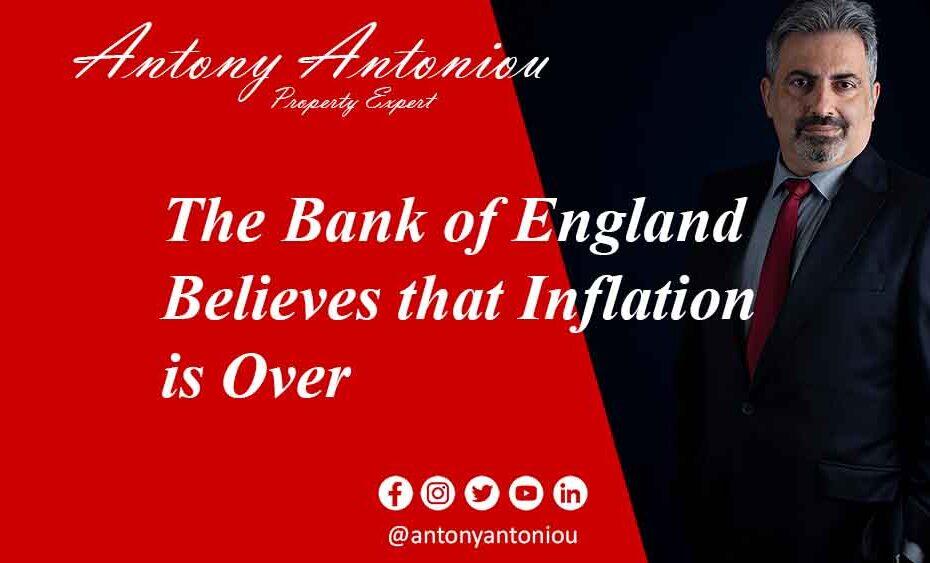The Bank of England Believes that Inflation is Over
The Bank of England’s Inflation Fix: Reality Check
Introduction:
Recently, the Governor of the Bank of England, Andrew Bailey, made a bold statement claiming that inflation was under control, and there was no need for further interest rate increases. Bailey argued that the bank had shifted to making more data-driven decisions. However, when we dig deeper into the data, a different picture emerges. In this blog post, we will examine why Bailey’s assessment might not align with reality and explore some critical factors affecting the UK’s economic landscape.
The Complex Nature of Inflation:
Inflation is not a straightforward concept that can be predicted solely based on recent trends. It’s affected by various factors, and extrapolating past data into the future is often an oversimplification. The UK currently finds itself in a wage-price spiral, a phenomenon that’s been predicted by some keen observers but seemingly overlooked by the Bank of England.
The Wage-Price Spiral:
Wages in the UK are on the rise, and this is not solely due to people demanding higher pay. It’s a symptom of individuals trying to make ends meet in the face of rising costs. Unfortunately, Andrew Bailey and his committee appear to be detached from the real struggles of everyday citizens. For those living paycheck to paycheck, inflation hits hard, making it challenging to prioritize necessities like heating or food.
Pension Triple Lock:
One of the key issues exacerbating the inflation problem in the UK is the pension triple lock system. Under this system, pensions increase based on the rate of inflation, wage growth, or a minimum of 2.5 percent—whichever is highest. However, this formula creates a widening gap between pension increases and wage growth, leading to an unsustainable situation where pensions grow faster than the income of those funding them through taxes.
The Impact of Falling House Prices:
The UK is currently witnessing a significant decline in house prices, the sharpest drop since 2009. While this might seem like good news for potential homebuyers, it has a hidden downside. Rising interest rates have caused mortgage payments to skyrocket when homeowners come off fixed-rate deals. Even with lower house prices, many are facing larger monthly mortgage bills, leading to a potential wave of negative equity.
The Hidden Cost of Services:
Service inflation remains stubbornly high in the UK, driven by a significant portion of costs tied to wages. While the Bank of England may point to overall inflation figures, the reality is that service inflation is not declining. This is a concern as it contradicts the bank’s narrative of falling inflation.
Conclusion:
While Andrew Bailey and the Bank of England may claim victory in the battle against inflation, the data tells a different story. The wage-price spiral, the pension triple lock system, rising mortgage payments, and persistent service inflation are all factors that could reverse the declining trend in inflation. As we move forward, it’s crucial to acknowledge these complexities and uncertainties in the UK’s economic landscape, even if they catch some by surprise.

